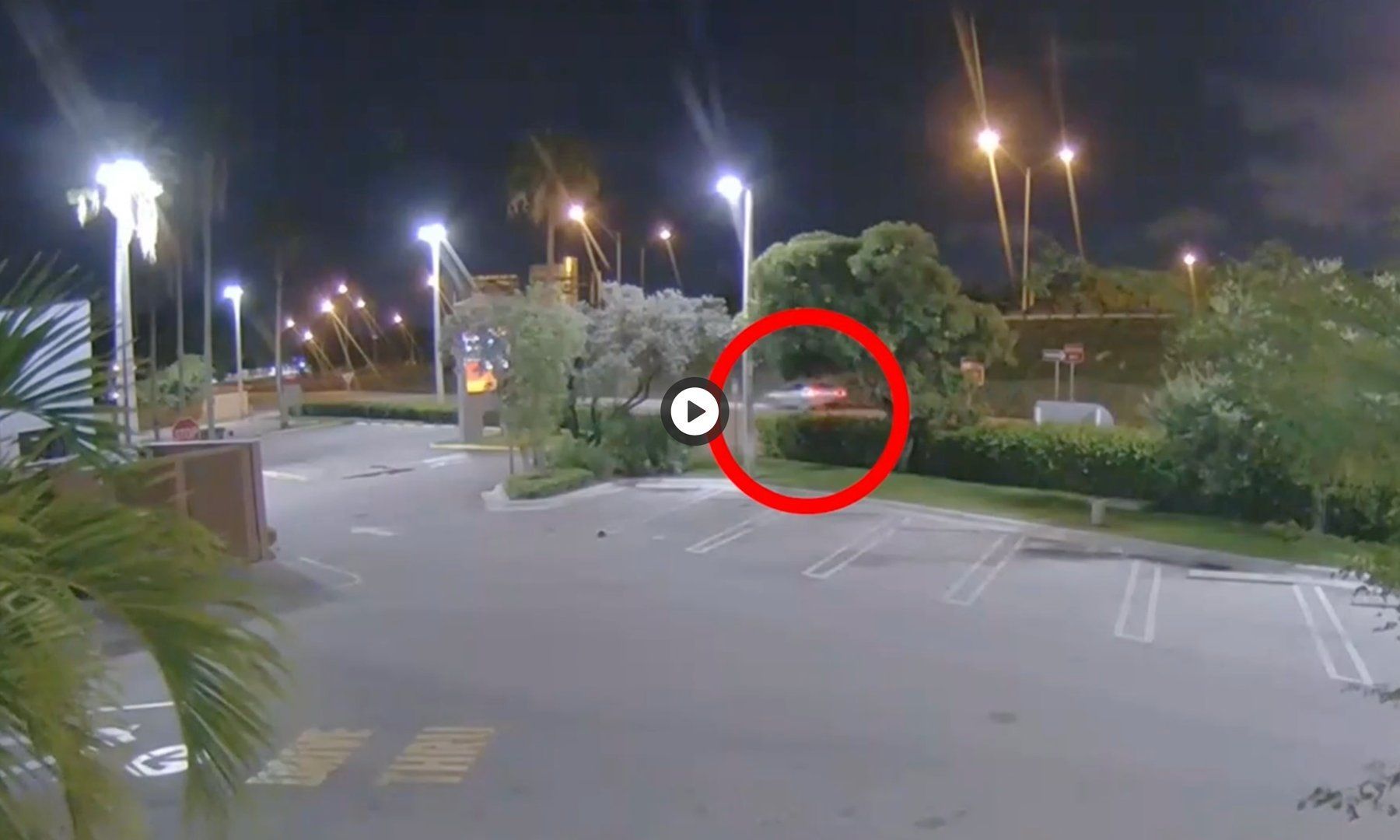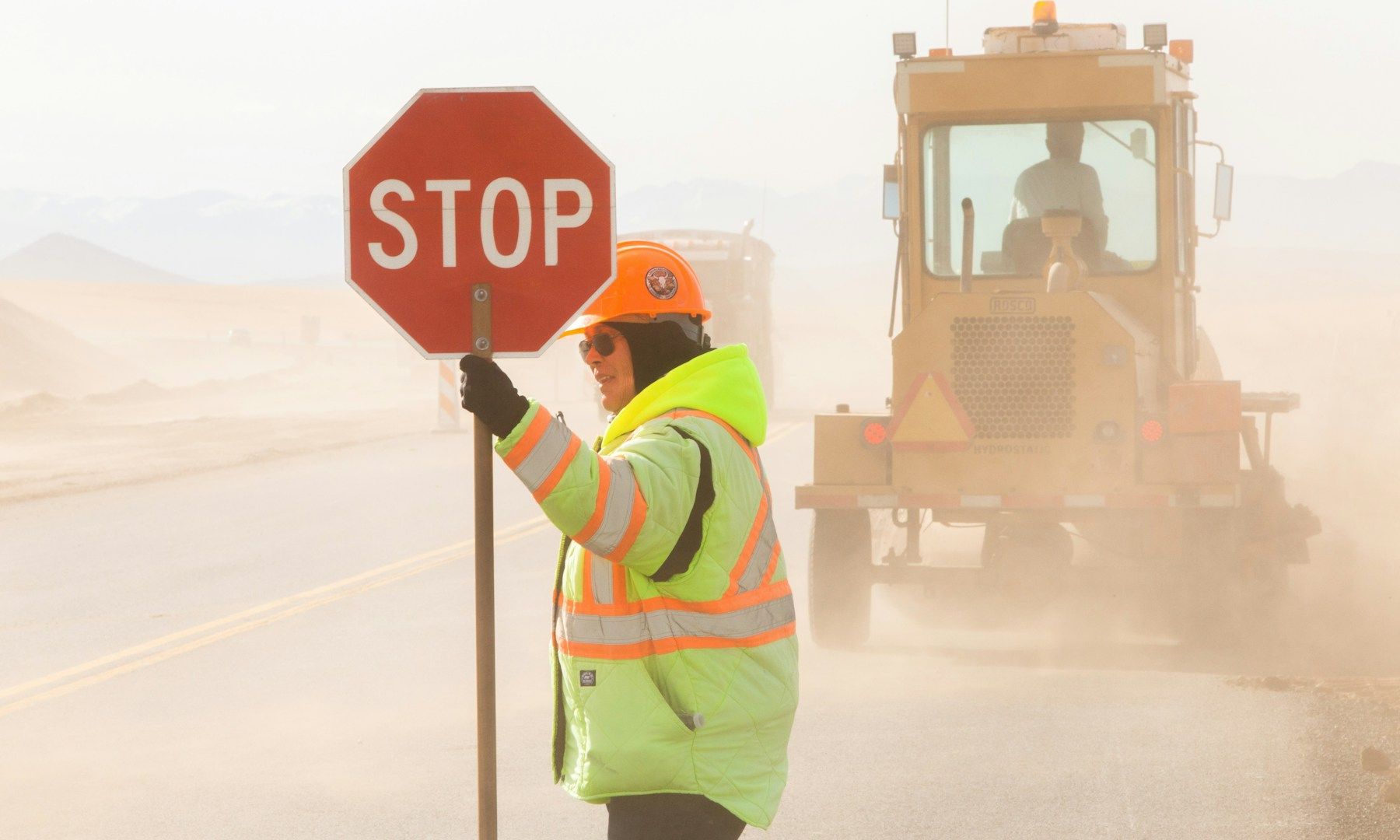The Challenges of Proving a Reckless Driving Case
In Florida, drivers share the road every day with irresponsible drivers who tailgate, make frequent lane changes, speed, or engage in other reckless driving behaviors. Accidents that result from such driving habits can range from fender benders to cataclysmic injury or death.
Although it may appear obvious that the other driver’s habits or traffic violations caused the accident, it is not so easy to prove that their actions make them liable in a personal injury suit. For Miami residents who have suffered injury or loss due to another driver’s negligent behavior, it is important to know where to turn to receive compassionate legal advocacy as they pursue just compensation.
Proving liability, finding responsible parties
When the victim of a motor vehicle accident pursues a claim, it will be for financial compensation in civil court. The standard of proof for a successful civil claim is lower than for a criminal proceeding, as the plaintiff only has to prove the defendant’s negligence with a preponderance of the evidence. In a criminal case, the prosecution must prove guilt beyond a reasonable doubt.
In cases where the police report shows that the other driver broke the law, separate criminal charges may lead to a conviction, which would strengthen a civil claim. For this reason, it is often wise to await the outcome of the concurrent criminal case before filing a personal injury claim.
When reviewing the merits of a civil claim, attorneys will assess several factors in determining who will be the defendants and the amount of compensation the plaintiff will seek. The evidence needed to establish cause in a reckless driving case will include:
- The details of the police report that may establish traffic violations such as speeding, driving on the shoulder, weaving through traffic, or driving while impaired.
- The injured party’s statement.
- The nature of the bodily damage to the vehicles, including the area of impact, the severity of damages, skid marks, broken glass and the distance of the impacted vehicle from the point of impact.
- Witness testimony.
- Extent of injuries to the victims.
Other responsible parties may share liability for the accident. For example, an employer whose driver was driving a company vehicle while working may share liability, and alcohol vendors may bear responsibility for allowing an intoxicated client to get behind the wheel.
Negligence laws in Florida
Under Florida law, the theory of comparative negligence applies in civil cases, in which the amount of responsibility that the injured party bears for causing the accident reduces the award they may claim by that same percentage. The statute of limitations for filing a claim is typically four years.










